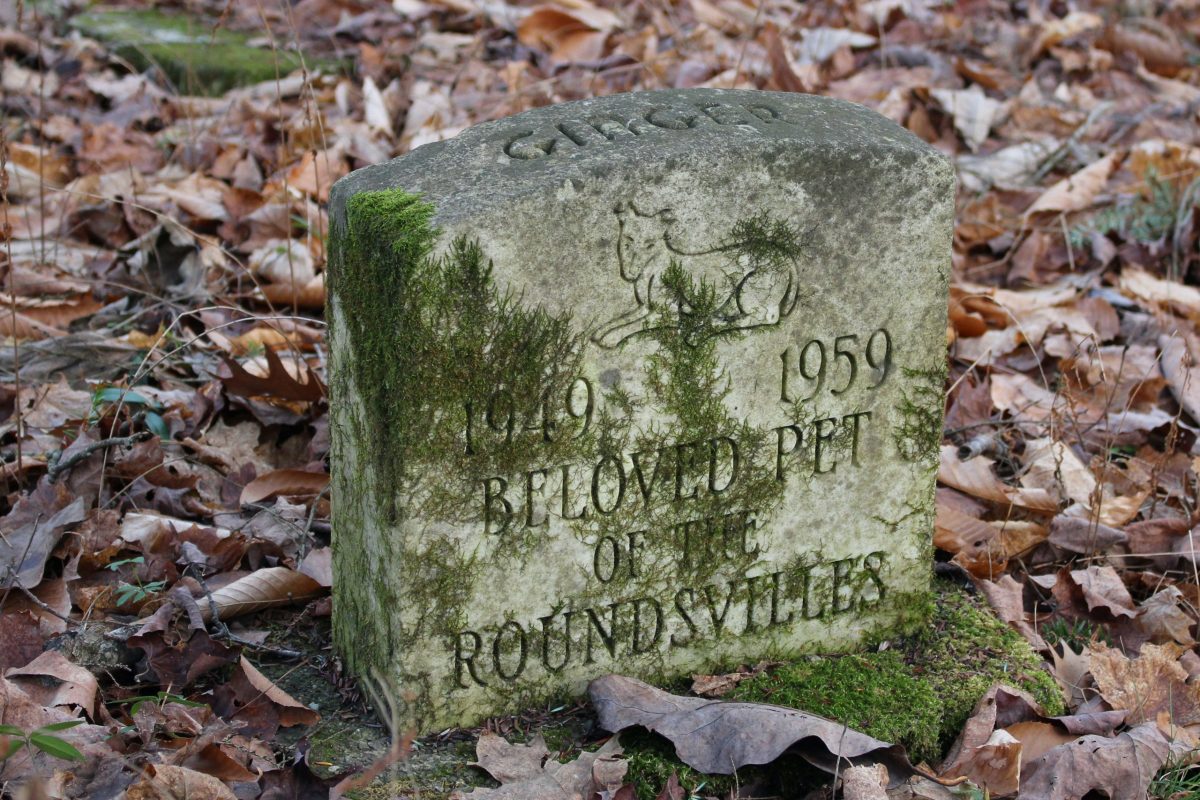Losing a pet is often a heart-wrenching experience that brings profound sadness and emptiness. Our furry friends become cherished members of our families, offering unconditional love, companionship, and solace during life’s trials. Yet, when they pass away, many people find themselves facing an additional challenge: the disenfranchised grief of pet loss. In this article, we delve into this unrecognised form of grief, offering insight and support for those who have lost a beloved animal companion.
Disenfranchised grief refers to the sense of loss that is not openly acknowledged or socially recognized. When a person mourns the death of a pet, they may encounter dismissive or trivializing responses from others, leading to feelings of isolation and invalidation. The depth of this grief is often overlooked, as society may fail to recognise the depth of the bond between humans and their animal companions.
Navigating the emotions surrounding the loss of a pet can be challenging. Here are some key considerations for coping with disenfranchised grief:
Validate your feelings
Acknowledge and honor your emotions. Recognize that the pain you feel is real and deserving of validation, regardless of societal expectations or the opinions of others.
Seek understanding
Surround yourself with individuals who understand the profound impact of pet loss. Connect with support groups, online communities, or counselling services specializing in pet bereavement to find solace and empathy.
Memorialise your pet
Create meaningful rituals or tributes to honour your beloved pet’s memory. Plant a tree, craft a photo album, or write a letter expressing your love and gratitude. These acts of remembrance can provide comfort and closure.
Practice self-care
Take care of yourself during this difficult time. Engage in activities that bring you comfort and peace. Allow yourself to grieve and prioritize self-compassion in your healing journey.
Reach out for support
Remember, the loss of a pet is a significant and valid source of grief. It is essential to acknowledge, honour, and seek support for your emotions during this challenging time. You are not alone, and your feelings deserve understanding and compassion.
If you find yourself struggling with disenfranchised grief, seeking professional help can provide valuable guidance and support. Sara Torrome Counselling offers a safe space for individuals navigating the complexities of pet loss. Contact Sara Torrome today to receive the compassionate support you need.

